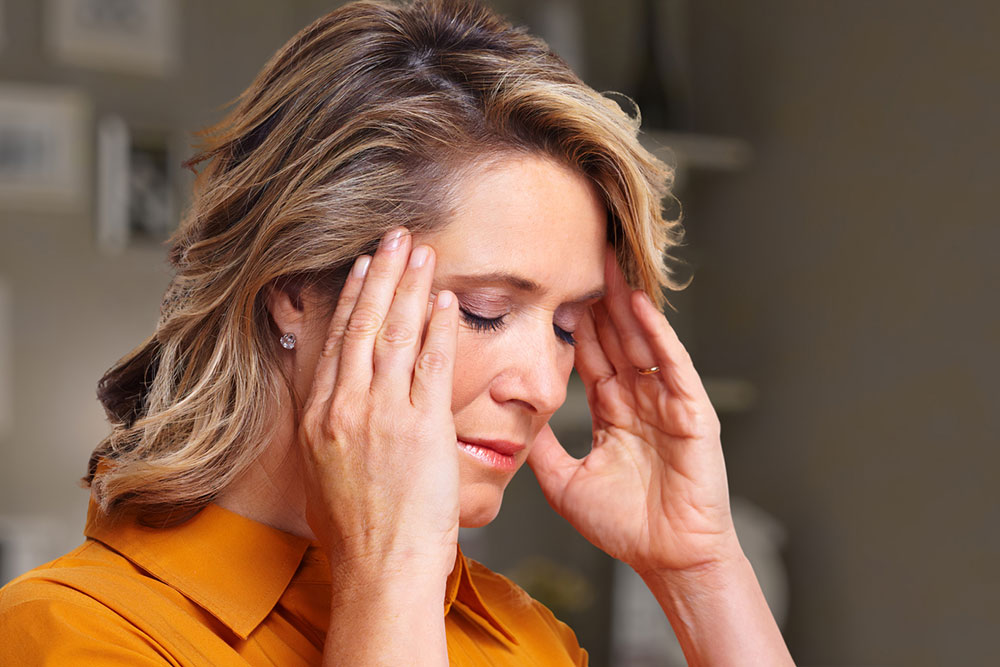Comprehensive Guide to Managing Migraine Pain: Effective Strategies and Home Remedies
This comprehensive guide offers proven strategies to manage migraine pain, including lifestyle changes, natural remedies, and dietary tips. Learn how to reduce attack frequency and severity through proper sleep, aromatherapy with lavender, yoga, magnesium-rich foods, and trigger avoidance. Implementing these practices can improve your quality of life and help prevent future migraines effectively.

Comprehensive Guide to Managing Migraine Pain: Effective Strategies and Home Remedies
Experiencing frequent migraines can severely impact daily activities and overall quality of life. While pharmaceutical treatments play a crucial role in managing migraine symptoms, integrating natural and lifestyle-based approaches can significantly enhance relief and help prevent future episodes. This extensive guide explores scientifically supported methods to alleviate migraine pain, emphasizing practical tips that can be implemented at home or in daily routines.
Prioritize Rest and Sleep Hygiene
Adequate rest is fundamental in preventing and reducing migraine attacks. Many individuals underestimate the power of proper sleep hygiene in managing migraines. Creating a relaxing bedtime environment, avoiding screens at least an hour before sleep, and maintaining a consistent sleep schedule can markedly decrease migraine frequency. Aim for 7 to 8 hours of quality sleep per night. Irregular sleep patterns and sleep deprivation are closely linked to increased headache incidents, making this an essential part of any migraine management plan.
Resting in a dark, quiet environment during a migraine attack can also prevent symptoms from worsening. Using blackout curtains and earplugs or white noise machines can be effective. Establishing a relaxing pre-sleep routine, such as reading or meditating, helps signal the body to unwind, promoting restorative sleep which is vital for neurological health.
Utilize Aromatherapy with Lavender Oil
Lavender oil is renowned for its calming and soothing effects. Aromatherapy involving inhalation of lavender scent has been shown to reduce migraine severity and frequency in some individuals. Consistent use over several months can lead to noticeable improvements. To enhance relief, diluted lavender oil can be gently massaged onto the temples, avoiding contact with eyes. Always perform a patch test before extensive use to prevent skin irritation.
Practice Yoga for Stress Relief and Muscle Relaxation
Gentle yoga routines focusing on breathing, stretching, and relaxation techniques help improve circulation, reduce muscle tension, and promote mental calmness. Studies have demonstrated that incorporating yoga into a daily routine can lead to fewer and less intense migraines. Techniques such as diaphragmatic breathing, spinal twists, and restorative poses support overall vascular health and emotional well-being. Regular yoga practice is also effective in reducing anxiety, a common migraine trigger.
Long-term practitioners often experience a decrease in attack frequency, along with reduced symptoms' severity and duration.
Increase Magnesium Intake through Diet and Supplements
Magnesium plays a critical role in nerve function and vascular health. Deficiency has been associated with increased susceptibility to migraines, particularly those with aura or linked to hormonal changes like menstruation. Incorporating magnesium-rich foods such as almonds, cashews, eggs, milk, oats, sesame seeds, sunflower seeds, and Brazil nuts into daily diet can help mitigate attack frequency. Magnesium supplements are also available and may be recommended by healthcare providers, especially for individuals with persistent migraines that do not respond solely to dietary adjustments.
Identify and Avoid Common Migraine Triggers
Recognizing potential triggers is essential for effective migraine management. Common dietary triggers include processed meats containing nitrates, chocolate, aged cheeses, and monosodium glutamate (MSG). Alcohol—especially red wine—is a well-known trigger. Cold foods like ice cream or iced beverages can also provoke attacks in sensitive individuals. To prevent migraines, opt for fresh fruits and vegetables, plain cereals, rice, and simple, unprocessed snacks. Moderate caffeine intake may be helpful for some, but excessive caffeine consumption can cause withdrawal headaches or worsen symptoms. Keeping a migraine diary can assist in pinpointing personal triggers and avoiding them.





